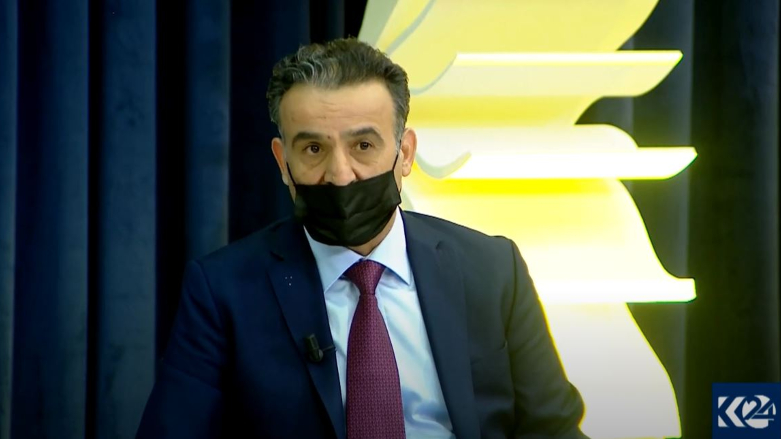Ministers outline plans for reforming, improving Kurdistan Region's education sector

ERBIL (Kurdistan 24) – The Kurdistan Regional Government's (KRG) education ministers shared their ideas for improving the Kurdistan Region's education sector at a conference hosted by the American University of Kurdistan (AUK) in Duhok on Sunday.
"It's the responsibility of higher education to create a sense of belonging for the students and the people of Kurdistan Region because this geographic area is our country," Dr. Aram Mohammed Qadir, the KRG's Minister of Higher Education and Scientific Research, told the conference.
Qadir explained that his ministry has a committee that "redrafts and reviews the laws in higher education."
"Our goal is to draft a law that matches with the political, economic changes, as well as the scientific developments in the region and the world," he said. "What is important in the new law is to grant financial, scientific, and academic independence to the universities in Kurdistan Region."
"We should support and expand vocational schools and private educational institutions."
The KRG's Minister of Education, Alan Hama Saeed, pointed out that the Region's vocational schools have a "bad image."
"We have to change this bad image about vocational schools in Kurdistan Region that says the vocational schools are only for lazy students," he said. "Vocational schools are where the personality of the students is built."
Saeed also pointed out that a good education "equals a good workforce" and that "a good workforce equals a good economy in this country."
Read More: Education reforms ‘will provide a brighter future’: PM Barzani
"UNESCO and developed countries' reports say the education systems should meet the developments and needs of the business market," he said. "But our country and many other countries have been unable to have our education system meet the fast developments in technology and the business markets."
"Our education system is mostly about theoretical curriculums, with a very small number of practical lessons," he added.
"We need to work on paying more attention to practical lessons."
